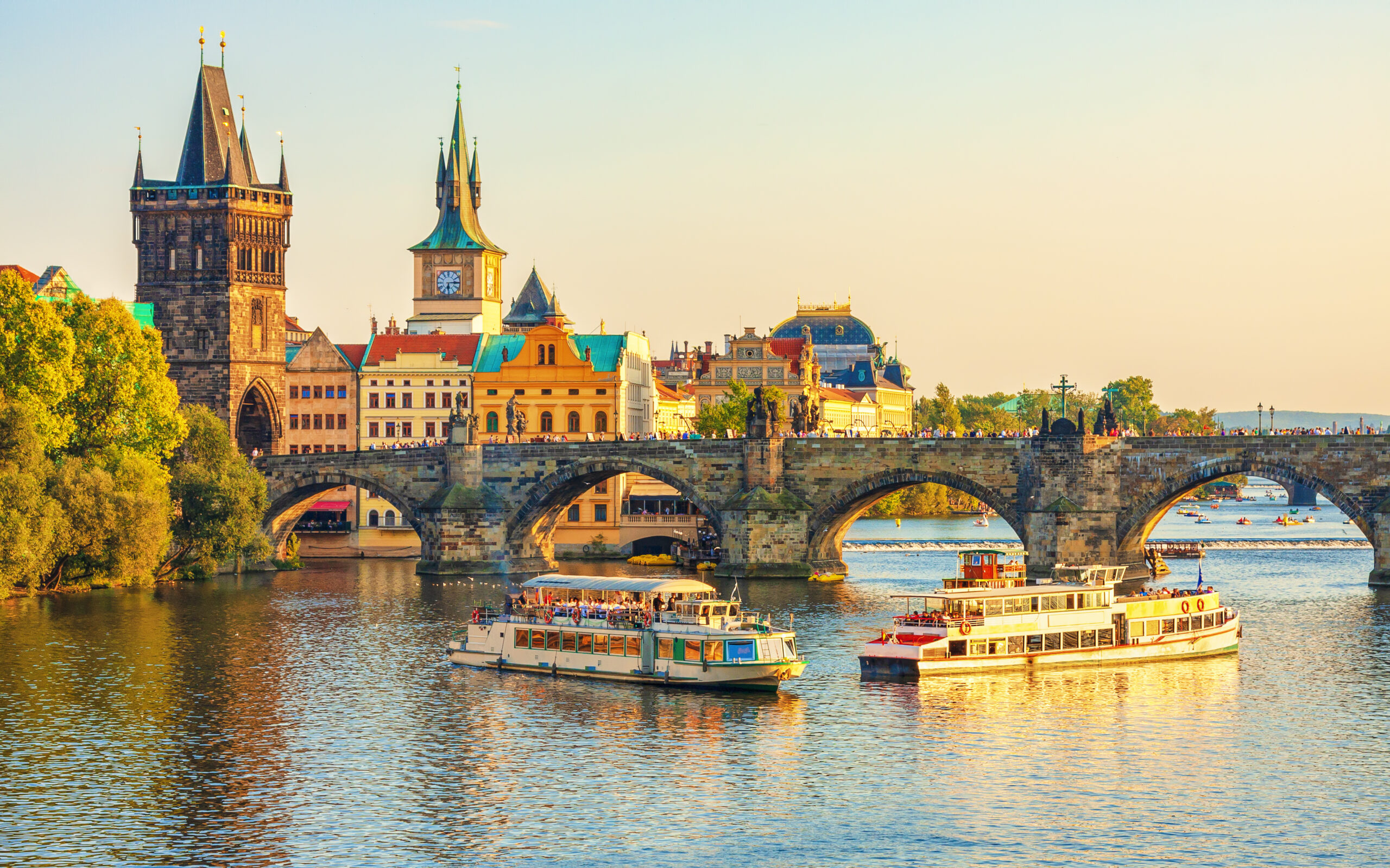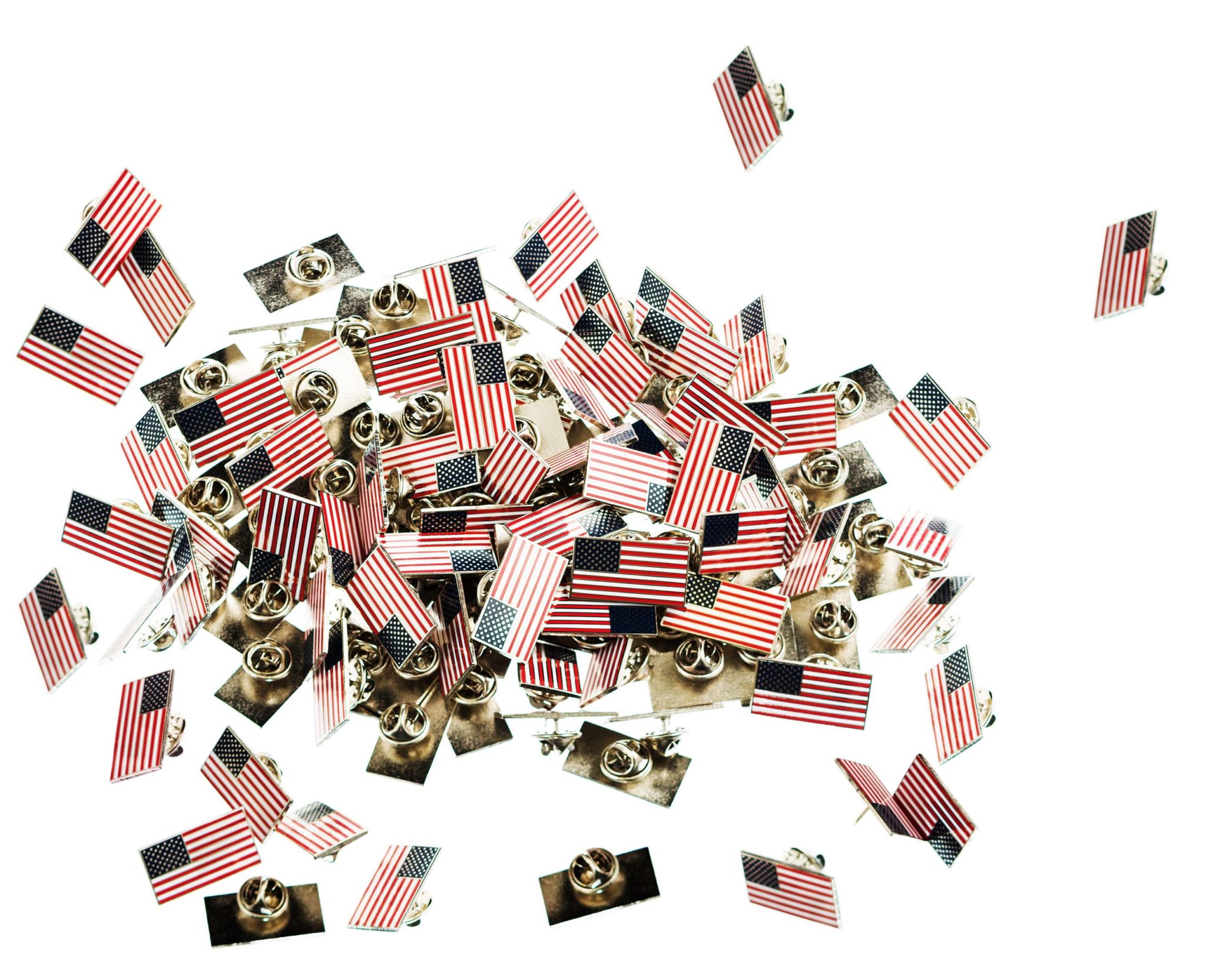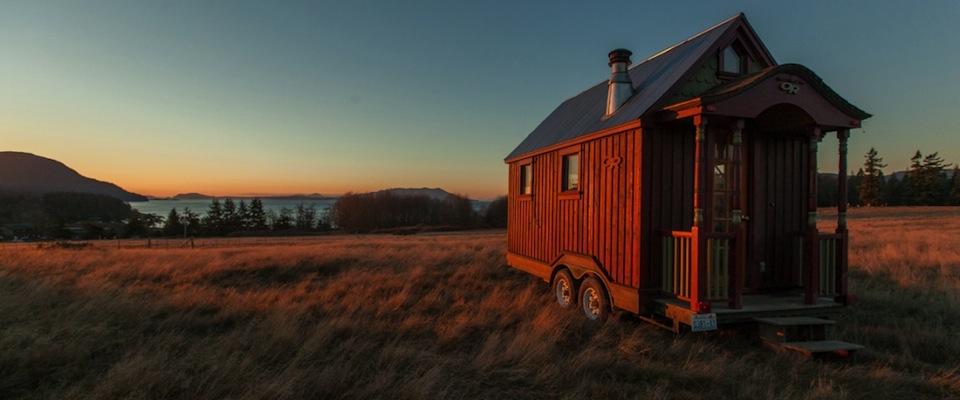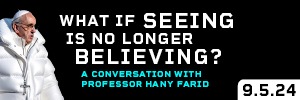Lately, I’ve been thinking about an incident that happened in 1965, seven years before I was born. It centered on an antiwar protest in Berkeley, one of the first of countless such protests to come. Though just a blip in the grand scheme of Vietnam era turmoil, it seems to point to something important about America and the nature of patriotism.
It starts with a guy named “Tiny.” Tiny was 6’7″ and 300 pounds. And he really liked to fight.
He was first into the breach that fall afternoon in 1965, punching his way through the front of the seven-block-long peace march on Adeline Street, near the Berkeley–Oakland border. Tiny was a member of the outlaw motorcycle gang Hells Angels, and more than a dozen of his brothers followed in his wake, ripping down antiwar signs and screaming, “Go back to Russia, you fucking Communists!”
By the time things calmed down, six Angels were in custody—including Tiny, who took a nightstick to the skull and on his way to the pavement broke a cop’s leg.
Later, the Angels held a press conference at their bail bondsman’s office. Oakland chapter leader Ralph “Sonny” Barger, an Army vet with slicked-back hair and an air of casual menace, called the protesters a “mob of traitors.” The Angels would take the high road, however, and absent themselves from future protests because, Barger explained, “Our patriotic concern for what these people are doing to our great nation may provoke violence by us.” Then he read a telegram he claimed to have sent to President Lyndon Johnson, volunteering the Angels for behind-the-lines “gorrilla” [sic] duty in Vietnam.

The Angels, at first blush, seemed unlikely patriots. Though not yet well known, they had a reputation with law enforcement for drinking, smoking dope, and sacking towns like modern-day Visigoths, answering to no authority higher than their East Oakland clubhouse. But now there they were, waving the flag. Their form of patriotism was gut-level, atavistic, loyalty to nation through blood and fire. Their group persona, meanwhile, was the stuff of American mythology, a grab-bag of frontier clichés sprung to life—they were contemporary cowboys, John Wayne’s unwashed, scofflaw cousins.
From behind the police lines, Gonzo journalist Hunter S. Thompson, who would publish a book on the Angels in 1967, watched the melee unfold that day. He noted that the antiwar crowd was fascinated by the bikers’ “aggressive, antisocial stance” and had hoped they might be allies in the struggle. Instead, “When push came to shove, the Hells Angels lined up solidly with the cops, the Pentagon, and the John Birch Society.”
At that point in the war, the American public tended to side with the Angels—at least when it came to the protesters. After the march, the counterculture newspaper Berkeley Barb canvassed Oaklanders’ opinions. Only 5 out of 66 surveyed supported the marchers. One woman said, “I think they should take a machine gun and shoot them all down.”
Ultimately, the protesters were on the right side of history. As American involvement in Vietnam deepened and the death toll mounted, public opinion turned decisively against a conflict that looked more unwinnable by the day.
Dissent often looks more admirable in the rear-view mirror. While some of the marchers likely had nothing more principled on their minds than avoiding the draft or getting laid, plenty of others could have articulated the politics behind their protest, connecting it not just to Marxist theories like those of foreign anticolonialists such as Frantz Fanon, but also to the Enlightenment ideals espoused by homegrown pot-stirrers such as Thomas Paine. They didn’t see their protest as unpatriotic. It was more an expression of idealism. As Cal’s Vietnam Day Committee announced that spring, “The problem of Vietnam is the problem of the soul of America.”
Martin Luther King, too, spoke of Vietnam in those terms, in a famous 1967 speech in which the civil rights leader and Nobel Peace Prize winner publicly spoke out against the war. “If America’s soul becomes totally poisoned,” King told his audience, “part of the autopsy must read: Vietnam.” King also reminded his listeners that the motto of his Southern Christian Leadership Conference was “To save the soul of America.”
As UC Berkeley linguist and NPR commentator Geoffrey Nunberg notes, “To describe oneself as a patriot is to suggest that others are less so.”
A half-century on, the question of who and what defines the soul of America (and whether it needs saving) and what it means to be a patriot is as unsettled as ever. This is mostly due to the quicksilver nature of the term patriotism itself. Patriotism lives primarily in the realm of myth and symbol, changeable from Left to Right and from one era to another. JFK and George W. Bush, civil rights leaders and Tea Partiers—patriots all, depending on whom you ask.
Jack Citrin, a professor of political science at Berkeley who has studied the relationship between American multiculturalism and patriotism, points out that the word is easy enough to define: love of country. The real question, though, is What do you mean when you say it?
“It was always interesting to see the fights between liberals and conservatives,” says journalist Paul Krassner, the former Yippie and Merry Prankster, who covered the anti-Vietnam movement in his underground newspaper The Realist. “Each group would shout at the other group, ‘We’re the patriots! You’re being unpatriotic!’”
As Berkeley linguist and NPR commentator Geoffrey Nunberg notes, “To describe oneself as a patriot is to suggest that others are less so.”
It’s not always a matter of rhetoric. Iconography also comes into play. In the sixties, symbols of patriotism were everywhere, useful proxies for anyone who wanted to make a statement on Vietnam. War supporters flew flags on their porches, and Richard Nixon donned a flag lapel pin. (According to biographer Stephen Ambrose, Nixon got the idea from Robert Redford’s antiestablishment film, The Candidate.) Protesters waved the flag, too—and wore it, sporting the stars and stripes on bell-bottoms and miniskirts and fringed jackets. Yippie Abbie Hoffman made a shirt out of Old Glory, and others painted it on their guitars, à la Wayne Kramer of the Detroit proto-punks MC5. While Jimi Hendrix played a tortured rock rendition of “The Star-Spangled Banner,” pro-war crowds sang “God Bless America.”
As the war ground on, however, the sense of frustration on the Left grew. Anger at the war bled into a generalized anger at the country. Liberals quit waving the flag. Krassner says, “You felt ashamed to be an American.”
By the time the last chopper lifted off the U.S. Embassy roof in Saigon, the Left was in full retreat from patriotism, leaving the Right to define the concept as it saw fit. The Right’s version tended to draw from the cowboy mythos of rugged individualism, just as the Angels’ version did. It was also militaristic, celebrating both American military power and the American soldier. Finally, the Right embraced a brand of American exceptionalism rooted in the Pilgrims’ Calvinist beliefs—Ronald Reagan’s invocation of America as a “shining city upon a hill,” blessed by Providence. A beacon to the world.
That exceptionalism finds expression on the Left as well, often as part of an ethic of global service, exemplified by programs such as the Peace Corps. Two decades earlier, President John F. Kennedy had invoked the same image before reminding his audience—the Massachusetts legislature—that, “of those to whom much is given, much is required.” In 2006, so did Barack Obama, when addressing the graduating class at the University of Massachusetts Boston.

Perhaps the truest thing anyone can say of patriotism is that it’s personal. I came of political age in the Reagan era, and in the hardcore punk scene that grew in response to it. I devoured righteous broadsides on apartheid, the prison-industrial complex, and Salvadoran death squads in Maximum Rocknroll, the Bay Area punk bible. I listened to bands with gleefully provocative names—Jodie Foster’s Army, Millions of Dead Cops, Dead Kennedys.
When, in 1984, Reagan adopted Bruce Springsteen’s “Born in the USA” as a campaign anthem, my parents dragged me to a Springsteen concert. I suffered as only a 12-year-old can suffer. It was years before I realized that the song was actually an indictment of the country’s piss-poor treatment of its Vietnam veterans.
None of this is to say that I lack national feeling. As much as I dislike the F-16 flyovers at the World Series (what does that have to do with baseball?), I root for the Americans when the Olympics come around. When I worked as a journalist and human rights researcher in the Middle East, I regularly got an earful on the shortcomings of U.S. policies. I agreed with most of the criticism, but I felt a tug of defensiveness, too. I couldn’t help it.
Like most people, I suspect, my feeling for this country is root-level, non-ideological. It’s the hardwired love you have for the place of your birth.
My wariness of patriotism comes from the tribalism that creeps alongside it and the Us and Them divisions it inevitably creates. There’s an undeniable appeal to tribal membership, of course. We all want to be part of the club, however we define it—Hells Angels, the GOP, punk rock.
The thing about clubs, though, is that not everybody’s welcome. If we’re being honest, most of us would reserve the right to pick who gets through the door. FDR’s New Deal, for all of its civic reforms, shut out African Americans. And in the view of at least some conservatives, America would be better off without Mexicans and Muslims. And what to make of Ammon Bundy’s militia, the guys who occupied the Oregon wildlife refuge this winter? They wrap themselves in the flag yet barely recognize the existence of the federal government. Are they patriots? Or are they domestic terrorists?
…Millennial students tend to see the world through an internationalist lens. Patriotism, with its tribal undercurrents, strikes them as irrelevant or counterproductive.
On a crisp morning in the winter of 2009, I joined thousands of other San Franciscans in the plaza fronting City Hall’s beaux-arts façade. We craned our necks, jubilant and slightly giddy, toward a giant screen to watch the inauguration of Barack Obama. The view would have been better back home on the couch, but that wasn’t the point—we wanted to be around others who felt as we did. After Obama’s speech we sang “The Star-Spangled Banner,” teary-eyed, voices cracking, then lingered in the sun, enjoying the moment.
I thought of something Michelle Obama had said the prior year, when her husband’s campaign began to gain steam: “For the first time in my adult life, I am really proud of my country.” An avalanche of criticism from the Right soon forced her to walk back her comment, but it resonated on the Left. For all of my own misgivings about patriotism, that’s how I felt that day in the Civic Center. This was our version of country.
Inevitably the euphoria faded, but it was a reminder that patriotism can be a powerful force. For that reason, some progressives are pushing to reclaim it. Robert Reich, labor secretary under Bill Clinton and a Berkeley public policy professor, made his case in a July 4 message last year, invoking a civic-minded patriotism in service of equality and the common good. As he tells me, “It’s about how we could create a better nation for all of our citizens.”
Michael Kazin, a former leader of Students for a Democratic Society and member of the Weathermen who teaches at Georgetown and co-edits the Leftist journal Dissent, agrees on the need for a reclamation. He says that his Millennial students tend to see the world through an internationalist lens. Patriotism, with its tribal undercurrents, strikes them as irrelevant or counterproductive. “They don’t talk about Americanism because they don’t see it that way,” he says with a sigh. “They’d have to reinvent patriotism, not just reclaim it.”
Perhaps the best we can hope for is a cold peace, something akin to what went down between the Hells Angels and the peaceniks in late 1965…
Only one thing seems certain: We will never, ever agree on the meaning of the word. Patriotism will continue to be refracted through the lens of ideology and upbringing. Republicans will emphasize American exceptionalism, Democrats inclusion, and Libertarians individual rights. And some, especially Millennials, may reject patriotism entirely while yielding to some other, as yet undefined tribal affiliation. As the biologist E.O. Wilson has written, the human tendency to form groups is instinctual and therefore nonnegotiable. He called it “our greatest, and worst, genetic inheritance.”
Perhaps the best we can hope for is a cold peace, something akin to what went down between the Hells Angels and the peaceniks in late 1965. Despite the Berkeley beatdown, many in the counterculture still saw the outlaw bikers as natural allies who just hadn’t grasped their proper role in the struggle yet. Krassner explains the thinking, “It was the whole countercultural ‘We love everybody, let’s all be together’ thing.”
A few weeks after the riot, poet Allen Ginsberg and some antiwar leaders went to Sonny Barger’s house for a meeting brokered by the novelist and Merry Prankster Ken Kesey, whose own politics existed somewhere out on the Day-Glo libertarian fringe. Together they dropped acid, talked politics, and sang Bob Dylan songs. When most of them were good and loaded, Ginsberg began chanting a Buddhist mantra, his mellifluous voice filling the room. Eventually the bikers joined in—even Tiny.
Alas, the grand alliance didn’t take. Barger, who would go on to survive cancer and prison bids and come out the other side as a living brand (his website sells merch inscribed “Sonny Barger: American Legend”), never changed his views. Those “left-wing peace creeps,” he declared in his autobiography, deserved every bruise they got.
All the same, the Angels never attacked another protest.
Chris A. Smith is a frequent contributor to California.





















